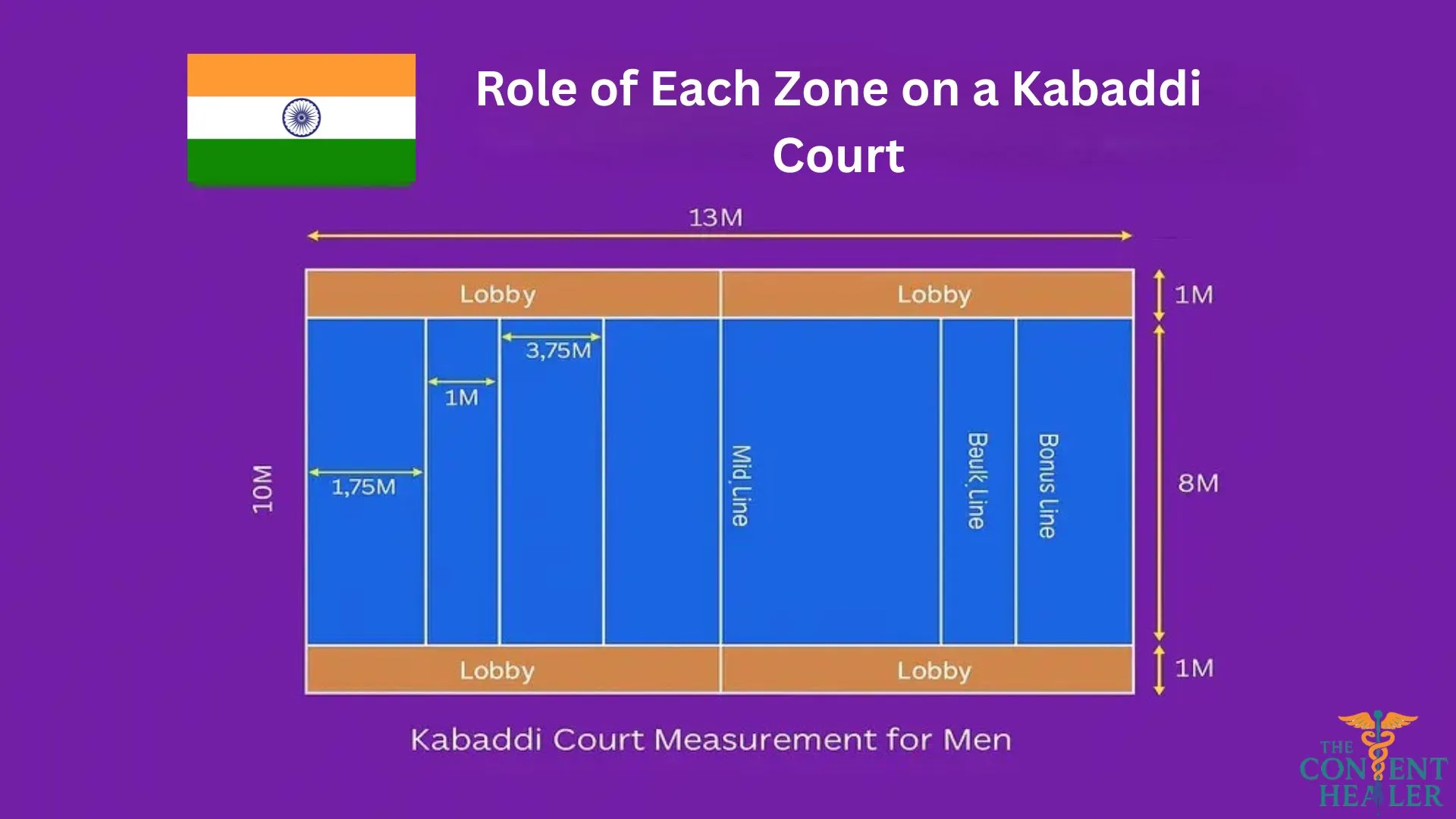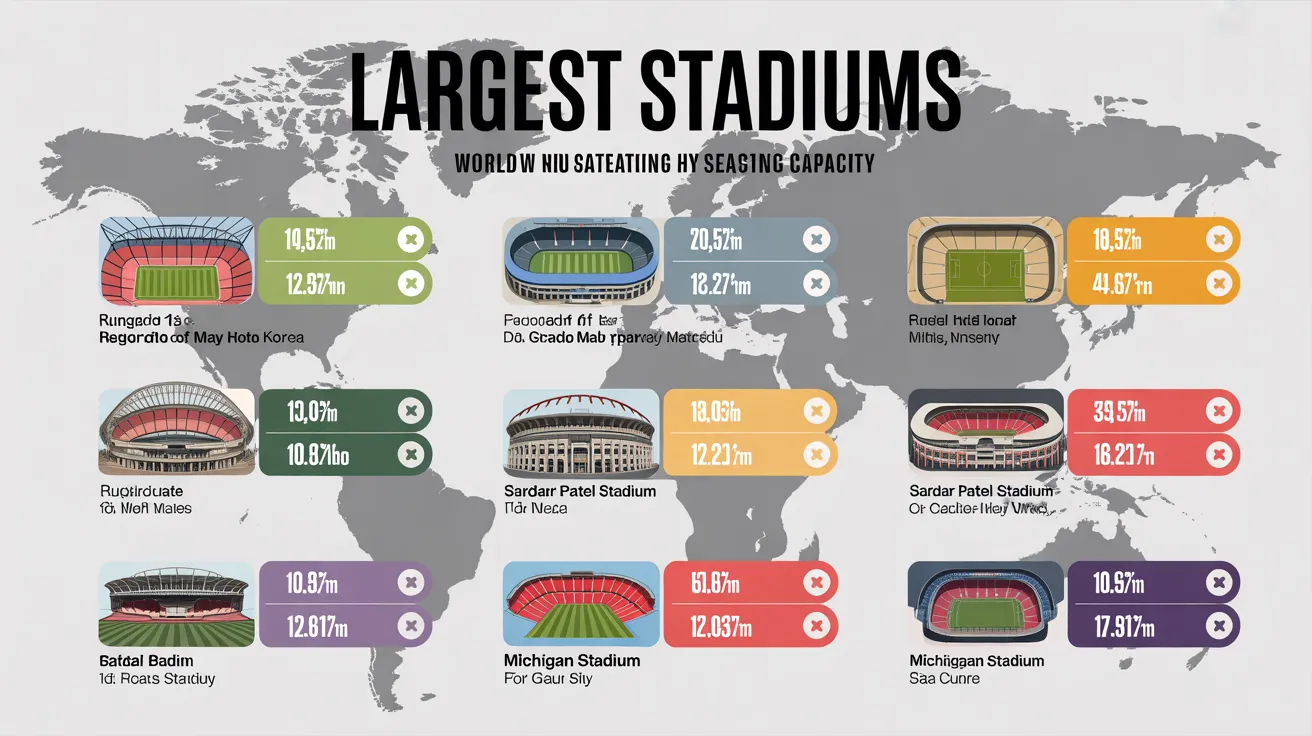With the rise of smart assistants like Alexa, Google Assistant, and Siri, the way people search online is changing fast. Instead of typing keywords, users now speak naturally to find answers. This shift is making Voice Search Optimization (VSO) one of the most important trends in SEO. Combined with Artificial Intelligence (AI), VSO is transforming how businesses approach digital marketing.
In this blog, we’ll explore how VSO is changing SEO, why AI plays a huge role, and what you can do to stay ahead.
What is Voice Search Optimization (VSO)?
Voice Search Optimization (VSO) refers to the process of optimizing your content so it ranks well when users perform voice searches. Unlike traditional typed searches, voice searches are more conversational and question-based. For example:
- Typed: “best yoga retreat Manali”
- Voice: “What are the best yoga retreats in Manali?”
Because voice searches are longer and more natural, VSO focuses on answering questions clearly and concisely.
Why is VSO Important in 2025?
In 2025, studies show that over 55% of households will use smart speakers regularly. The growing popularity of voice assistants makes VSO crucial for businesses that want to stay visible in search results.
Key Reasons for VSO’s Importance:
- Mobile-friendly: People use voice search mostly on mobile devices.
- Speed: Users want instant answers without typing.
- Conversational: Voice searches are often full questions.
If your website doesn’t include voice search optimized content, you risk losing organic traffic and potential customers.
How AI Powers Voice Search Optimization
Artificial Intelligence (AI) plays a huge role in making VSO effective. Search engines like Google use AI to better understand the meaning behind voice queries. Tools such as Google’s BERT and RankBrain analyze the context of a user’s question, rather than just matching keywords.
AI Benefits for VSO:
- ✅ Understanding context and intent.
- ✅ Delivering more accurate search results.
- ✅ Learning from user behavior to improve future results.
This means your content must answer real questions in a simple, natural way, or else it won’t rank well.
Top Strategies to Optimize Your Content for VSO
1. Use Conversational Language
People don’t speak in keywords. They ask full questions. Make sure your content uses a natural tone, with phrases like “how to,” “what is,” and “best way to.”
Example:
Instead of writing “AI VSO benefits,” write:
“How does AI improve Voice Search Optimization?”
2. Target Long-Tail Keywords
Long-tail keywords reflect how people speak. Instead of “AI SEO,” focus on phrases like “How AI helps small businesses with SEO in 2025.”
3. Structure Content with Clear Headings
Use headings that include your focus keywords to make it easy for search engines and voice assistants to understand your content structure.
Example:
- H2: How AI Improves Voice Search Optimization
- H3: Benefits of AI-Driven VSO in SEO
- H2: Best Practices for Voice Search Optimization in 2025
4. Answer Questions Directly
Add an FAQ section that answers common questions. This improves chances of appearing in Google’s voice search results or featured snippets.
Example FAQ:
Q: What is Voice Search Optimization (VSO)?
A: VSO is optimizing your website to rank well in voice searches by focusing on natural language, answering questions clearly, and using long-tail keywords.
5. Optimize for Local Search
Voice searches often have local intent. Include local keywords like “near me” or specific locations.
Example:
“How to find the best yoga retreat near me in Manali?”
Future of SEO with VSO and AI
The future of SEO is clearly voice-driven. As AI becomes smarter, search engines focus more on understanding intent than matching keywords. Businesses that adapt now by focusing on VSO will lead the digital market in 2025 and beyond.
Experts predict that by 2025, more than 50% of searches will come from voice. Integrating AI-powered VSO strategies ensures your website remains visible and user-friendly.
Conclusion
Voice Search Optimization (VSO) combined with Artificial Intelligence (AI) is reshaping SEO in 2025. To succeed, focus on natural language, answer real questions, use long-tail keywords, and structure your content for readability. By doing this, your website will rank higher in voice search results, deliver a better user experience, and stay ahead of the competition.
FAQ’s
1). What role does AI play in voice search optimization?
AI helps search engines understand the meaning and intent behind voice queries, not just keywords. Technologies like Google’s BERT and RankBrain analyze conversational questions to provide accurate answers. This makes your content rank better when it’s written naturally and answers real user questions.
2). How is voice search different from typed search?
- Typed: “yoga retreat Manali”
- Voice: “What is the best yoga retreat in Manali for beginners?”
Voice searches focus on answering questions directly, which is why content needs to be more natural and easy to understand.
Voice search is more conversational and uses full sentences, unlike typed search where people often type short keywords. For example:
3). What are the best practices for voice search SEO in 2025?
To optimize for voice search in 2025:
- Write in a conversational tone.
- Use long-tail keywords and full questions.
- Structure content with clear headings (H1, H2).
- Add an FAQ section to directly answer common questions.
- Optimize for local SEO by including location-specific terms.
These practices help your content get picked up by voice assistants.
4). How do I target long-tail keywords for voice search?
Long-tail keywords are longer and reflect how people speak. Instead of “AI SEO,” use phrases like:
- “How does AI improve SEO in 2025?”
- “What are the best voice search optimization tips for small businesses?”
You can use tools like Google Keyword Planner or AnswerThePublic to find real user questions that are frequently searched
5). How can I improve my local SEO for voice search?
Most voice searches have local intent. To improve local SEO:
- Include your location in content (e.g., “best yoga retreat near me in Manali”).
- Optimize your Google My Business profile.
- Use structured data (Schema markup) for local business.
- Ensure your site loads fast and is mobile-friendly.
This helps your content appear in voice searches that ask for local services.





